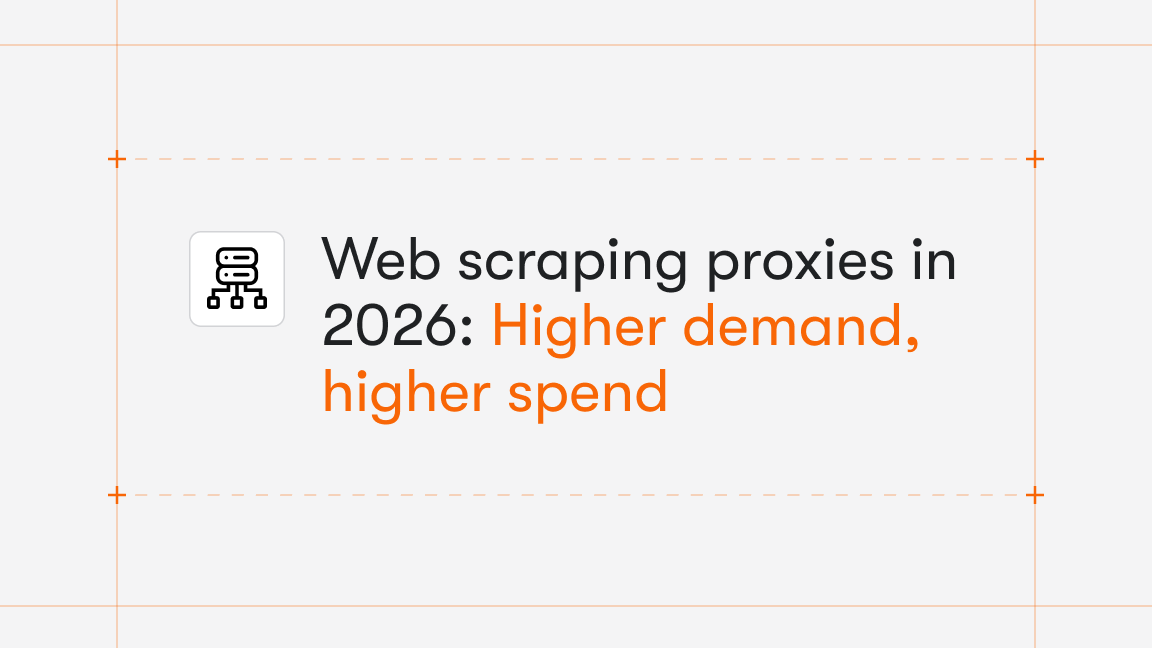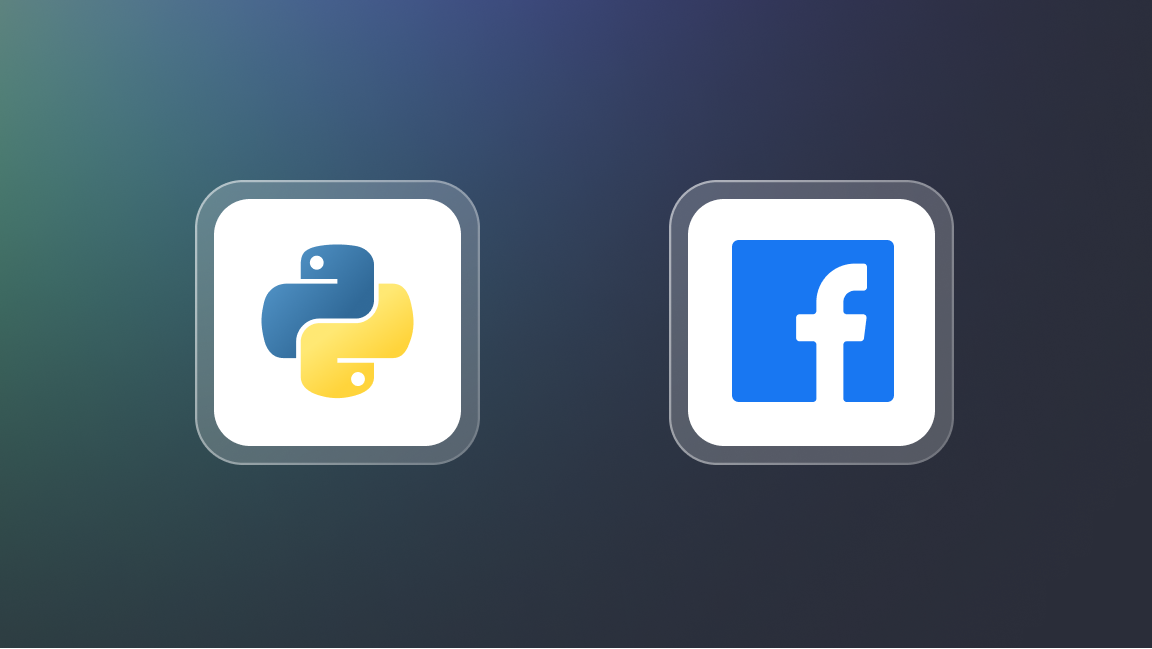When thinking of proxies and VPNs and how they help anonymize internet traffic, it is common to see them as a shady solution. Why would you need to hide your identity? Are you doing something you shouldn’t be doing? We don’t usually think of these tech tools’ powerful impact in contexts where oppressive governments deny fundamental freedoms.
What do proxies have to do with transparency?
There are several ways internet transparency can be harmed. Limits on content, obstacles to access the internet, and the denial of the right to privacy and social media legality are only a few. It is no surprise that countries such as Russia, China, and Cuba occupy the bottom spots of the digital freedom ranking. VPNs and proxy services help circumvent these restrictions.
In countries with a high digital freedom score, proxy servers are often employed to access geo-restricted content. A few examples of this might be watching a movie on Netflix or a video on YouTube that was only supposed to be available in the US while you are in Europe; or monitoring prices or ads in other countries to make sure they are not discriminatory or you are not overpaying for a product based on your location.
To this purpose, Hlídač Shopů in the Czech Republic uses Apify to scrape historical prices for products to make sure the biggest Czech e-commerce websites don’t overcharge their customers. These tasks are possible thanks to the way that proxies can hide a user’s IP address and location by connecting them via a remote server.
In regions with limited digital freedom, access to news and media from the rest of the world is often banned. To unblock it, citizens sometimes use VPNs or proxy servers. In cases of stricter censorship, a VPN might be preferable to a proxy because of its higher security in protecting internet traffic.
Proxies also speed up web scraping, a tool used in research and in investigative journalism. Journalists and watchdogs use web scraping, or web data extraction, to monitor online activity related to a specific issue and get information fast and efficiently.
What are the main differences between VPNs and proxies?
Proxy servers and VPNs carry out some similar functions. They both hide the user’s IP address, so the websites they interact with can’t identify them. The user’s location is also protected so that the user can access geo-restricted content.
However, VPNs present some critical differences from proxy servers. Here are the main ones:
VPNs provide encryption: VPNs encrypt all inbound and outbound information besides rerouting your traffic. This way, even if somebody could access it, they still couldn’t read it. VPNs transform your data into a code only your computer and your VPN have the key to.
VPNs protect the whole network: Proxies operate at an application level, thus rerouting the traffic of only one specific application or program (e.g., your browser). While this provides targeted anonymity, it places more responsibility on the user to manage their browser security settings to prevent data leaks through unproxied plugins or scripts. VPNs, instead, can protect the whole network, even on different devices.
VPNs are usually more expensive: VPNs typically cost more but also come with more advantages, like the no-logs functionality (i.e., the VPN service doesn't store a log of your activity) and more servers (which in turn means higher speed and more locations). However, if you're unsure about committing, you can explore a VPN with free trial, which is often available from services recommended by CyberNews, allowing you to experience the VPN’s features without any initial investment.
How proxies can help – or harm
About 40 countries in the world have an online censorship system in place. This includes restricting access to foreign content and prosecuting users for dissident content. Activists can sometimes circumvent these measures with VPNs and proxies.
This means that they can use the internet anonymously, without their activity being tracked. They can also appear to be surfing or interacting from a different geographical location, thus unlocking access to content and news from abroad.
Conversely, proxies can become instruments of censorship in the hands of repressive governments. Governments can reroute their citizens’ internet traffic through a dedicated server to search and censor content.

When proxies grant access
Cuba
In Cuba, activists and bloggers are often incarcerated for criticizing the regime. The Foundation for Human Rights in Cuba (FHRC) provides Cubans with tools to access the internet and offers pro-democracy activists courses on VPNs and proxy servers. More than 600,000 uncensored news emails have reached Cuba thanks to the Connect Cuba program.
Arab Spring
During the uprisings that swiped the Middle East from 2011, known as the Arab Spring, local governments imposed a large set of regulations to limit the freedom of speech. On several occasions, they cut access to the internet altogether.
Activists and journalists resorted to proxy servers to restore communications. Information got bounced through external servers to circumvent online censorship. Data were anonymized to avoid unjust prosecution. While a lot of the communication ended up as old-fashioned print flyers, proxies guaranteed access to social media and online cooperation.
In particular, in Egypt, the activist group “We Rebuild” managed to connect to a server in Sweden to set up a page with resources for activists. In Syria, internet-savvy activists used proxies to reveal videos of war crimes to the rest of the world.
China
China was declared the world’s worst abuser of internet freedom by Freedom House in 2021 for the seventh consecutive year. The government’s censorship filters, known as The Great Firewall, slow down internet speeds and prevent access to content from foreign servers. Users can’t access the most basic of online services – from email servers to Wikipedia, from social media to Google Maps.
VPN blocking is a common tactic. However, even though the government cracks down on VPN software, some of it still manages to adapt their services frequently enough to poke through the ban. Without it, many people would be cut off from the rest of the world.
When proxies mean government control
Mauritius
In Mauritius, the government proposed a law that would require all social media traffic to be routed through a government proxy server to be surveilled and filtered.
Iran
In Iran, government-affiliated hackers allegedly use malware to infiltrate dissidents' devices. This malware is similar to the VPNs dissidents use to evade censorship and prosecution. It takes screenshots of their activities and decrypts their traffic.
Proxies and web scraping for humanitarian reasons
Investigative journalists, watchdogs, and nonprofits have used web scraping for research. They have tracked down extremists online and uncovered an underground market for adopted children, among other accomplishments. Proxies made it possible for some of those activities to succeed, by circumventing the anti-bot protections of the target websites.
The future of internet openness
Tim Berners-Lee, the inventor of the World Wide Web, has always advocated for openness and personal empowerment online. But recently, concerned about how governments and companies use personal information to leverage individuals, he has been working to correct this crucial privacy flaw.
His startup Inrupt wants to use the Solid privacy platform to give users control over their data through “pods,” or personal online data stores. Third parties could link to and use the data with the user’s permission but not store them.
Apify strongly supports the vision of an open and public web, as its creators intended. The future of the internet might again be more open if initiatives such as this take off, but until then, proxies and VPNs are a solid, reliable way to fight censorship and blocking.
To make automation possible and strive towards the goal of the open web as a public good and a basic right for everyone, people need tools to extract structured data from the web and automate workflows on it.
Jan Curn, Apify CEO.
If you enjoyed this article, you might be interested in learning more about proxy providers, how to avoid getting blocked when collecting web data, or even how to set up a content change watchdog for any website so that you can keep an eye on news and events.







